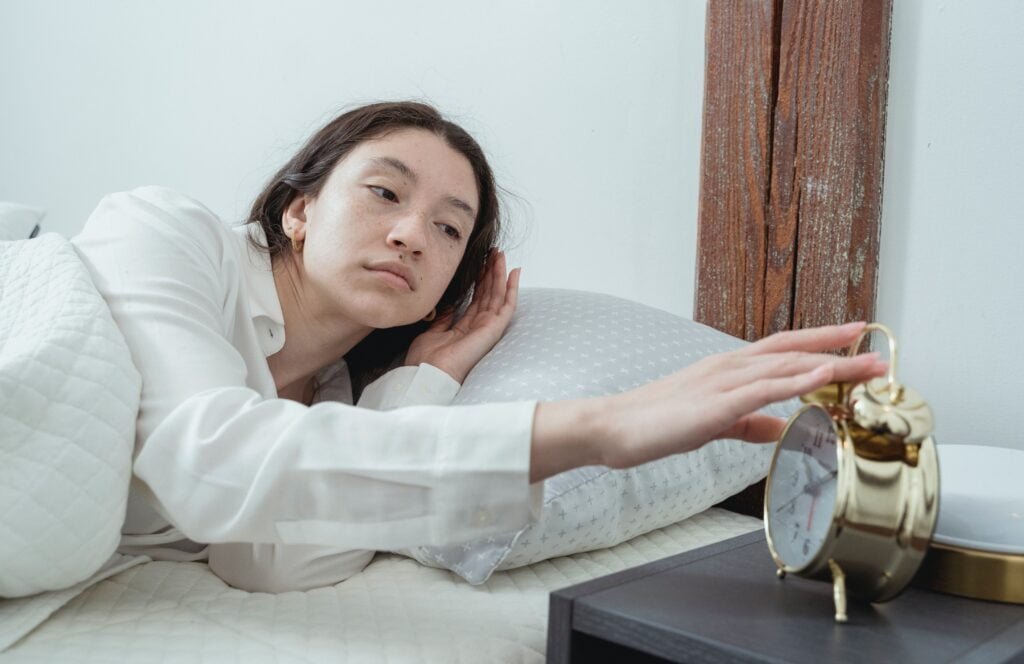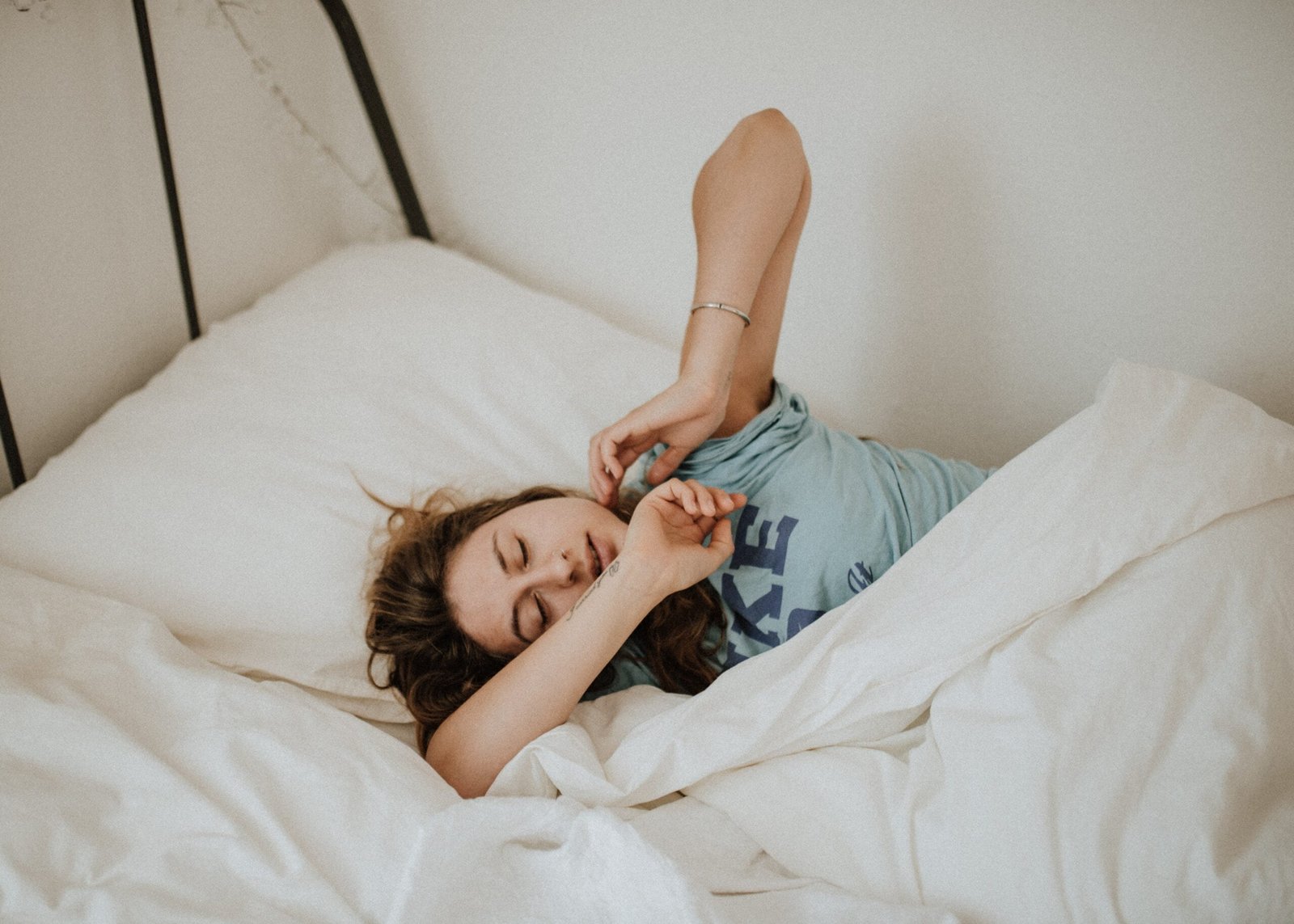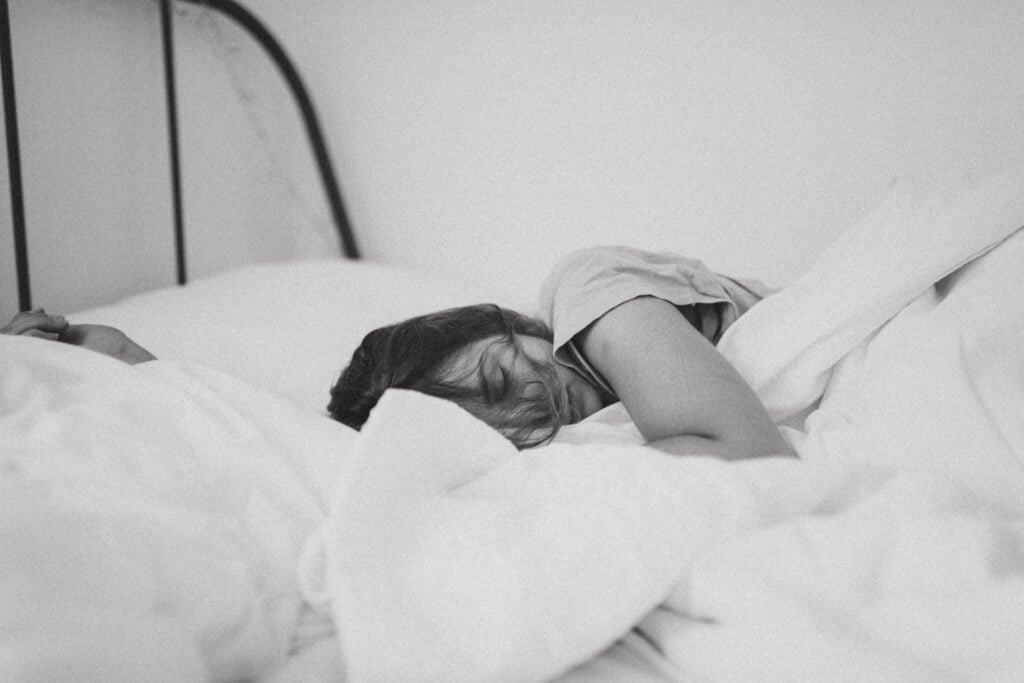Ever woken up and wondered if you were still in a dream?
False awakenings are a surreal experience that blurs the line between waking life and dreamland, leaving you questioning what’s real and what’s not.
In this article, we’ll dig into false awakenings, exploring what they are and how you can make use of them for lucid dreaming.
What Are False Awakenings?
False awakenings are when you dream that you’ve woken up, but you’re still asleep and dreaming.
It’s like you’re in a dream inside your bedroom, doing regular things like getting out of bed, brushing your teeth, or getting dressed.
These dreams feel so real that it’s hard to tell if you’re awake or not.

Sometimes, false awakenings come with confusion and frustration when you realize you’re still in a dream after thinking you’ve woken up. They are also linked to lucid dreaming, where you know you’re dreaming while in the dream.
Why Do False Awakenings Happen?
Although it is not entirely clear why false awakenings happen, there are certain things that make them more likely:
1. Sleep Cycles
False awakenings often occur during the rapid eye movement (REM) stage of sleep, where the most vivid and memorable dreams happen. In REM sleep, our brains are extra active, and this activity might lead to dreams about waking up.
2. Messy Sleep
If your sleep gets messed up or you don’t have a regular sleep pattern, you’re more likely to have dreams about waking up. When your sleep is disturbed, you may go through different sleep stages more often, making it easier for dreams of waking up.
3. Stress and Anxiety
Feelings of stress and anxiety can affect the content and intensity of your dreams. High stress or anxiety levels can increase the chances of having false awakenings or other vivid dreams.
4. Sleep Disorders
People with sleep problems like sleep apnea, narcolepsy, or parasomnias might experience these dreams more often. These sleep issues mess with sleep patterns and can lead to unusual dream experiences.
5. Lucid Dreaming
If you’re into lucid dreaming, you might be more prone to false awakenings. Lucid dreamers are usually very aware of their dreams, so they’re more likely to spot them within their dreams.
6. Sleep Timing
Wake-up dreams can happen at certain times during your sleep-wake cycle when you switch between being awake and asleep more frequently.
How to Use False Awakenings for Lucid Dreaming
Want to turn these fake-wake-ups into lucid dreams? Here’s how:
- Spot Dream Signs: Pay attention to stuff that keeps showing up in your dreams, especially during dreams about waking up. These “dream signs” can help you tell if you’re in a dream.
- Do Reality Checks: Make it a habit to check if you’re dreaming whenever you wake up, even if you think you’re awake. This helps you see if it’s a false awakening when your reality check doesn’t work.
- Stay Calm: When you realize you’re in a false awakening and become aware that you’re dreaming, try to stay calm and focused. Getting too excited can wake you up, so keep your cool.
- Make the Dream Steady: Once you know you’re dreaming during a false awakening, make the dream stable by using your senses and interacting with the dream world. This keeps the dream from fading or changing.
- Set Intentions: Before you go to sleep, set a strong intention to recognize false awakenings as dreams and become aware of them. Repeating this in your mind can make it more likely to happen.
- Write in a Dream Journal: Keep a dream journal and write down your dreams, even the false awakenings. This helps you spot patterns and dream signs that can trigger lucidity in future false awakenings.
- Be Patient: Not every false awakening leads to a lucid dream, but with practice, you can get better at recognizing and using them for lucid dreaming.
By following these tips, you can learn to turn almost every false awakening into a lucid dream.




